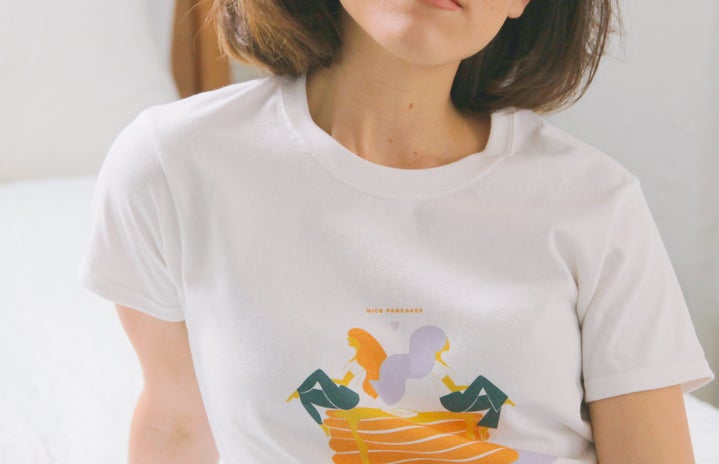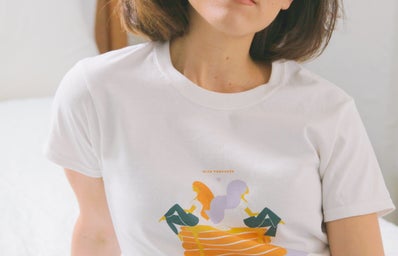
We are our own person. We have voices, and we can be heard. We have the right to our own bodies, the right to own property, and even the right to vote.
We, as women in North America, have more rights and freedoms than women in most parts of the world.
So why do we still complain? Why do we ask for more?
“You should go live somewhere like Iran, Saudi Arabia, South America, Eastern Asia, etc. They have it so much worse.”
This is a familiar argument to North American feminist thought.
To counter it I have a question: just because it’s worse somewhere else, why should it mean it can’t be better here?

I realize that from the outside, being female in North America doesn’t look that bad. And by the outside, I mean the outside of the female experience.
So what is the female experience in North America? Well, it’s being our own person but with heavy social pressure to be anything but that and to conform to expectations often set by men.
It’s having a voice that can be heard… As long as you are the “right” race, as long as you are pretty, as long as you are intelligent (but not too intelligent), oh, and of course, as long as you have money.
It is having the right to your own body being constantly contested. It’s being able to own your own property, but not being able to afford it on your own because, for most jobs, you’re paid less than a man is. And of course, you have the right to vote for whichever man best represents you, as a woman, to lead our country – because even if a woman has an opportunity to run for Prime Minister (which is rare) she won’t be voted in due to socially held prejudices against women.
Which brings me to this example: a popular Instagram page local to Toronto posted an image asking its followers which Canadian Prime Minister was the greatest in the country’s history. Among the comments I saw one which read, “we haven’t had her yet”. This was posted by a user that appeared to be a young, perhaps teenaged, girl. I automatically predicted the nature of the replies to this hopeful young woman. To my disgust, and sadly not to my surprise they read…
“Shut the fuck up.”
“Forgetting Kim Campbell? She’s proof women can’t lead.”
“You need to grow up”
– then, in one of her replies she revealed that she was older than she appeared on her profile, and was in fact in her mid-twenties.
“Get your old bitch-ass out of these comments.”
No matter what this woman said, she would be shut down by hateful men in the comments. Some of these comments included death threats against her.

A young woman on a local Instagram page in Toronto posted a comment which was meant to empower women and make a point about the absence of female representation in politics. This led to her being silenced, insulted, and ultimately threatened with death.
“Stfu. You’re a white woman in a 1st world country. You have it better than 99% of women in the world.”
We do have it better, there is no denying that. We have laws in place that give us more rights and protections than most women have. But what happens when we exercise them?
These laws are illusions to present equality for women when our society and culture shows us exactly where we stand.
The female experience in North America is silently enduring hatred and oppression because women elsewhere have it worse.



